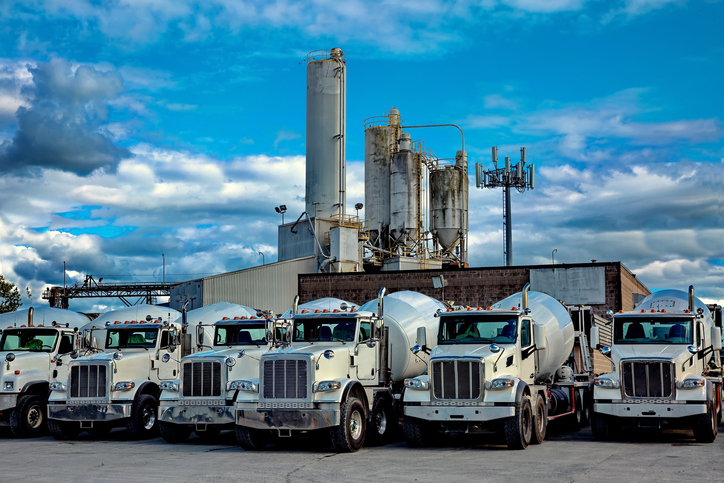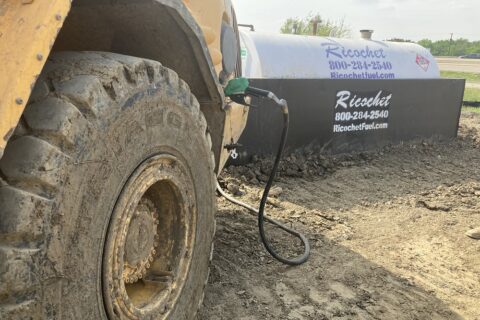Common Myths and Misconceptions About On-Road Diesel
In the present world, there is an increasing demand for diesel. You must be aware of the fact that diesel engines are an important component of transportation. It helps to improve fuel efficiency and inhibits emissions of harmful pollutants. However, it is still affected by misconceptions and myths. On-road diesel is defined as fuel that is used in differentiated vehicles. These vehicles can be cars, buses, trucks, etc. It is a reliable, efficient, and effective fuel for various vehicles. Let’s understand and address the few On-road diesel myths and misconceptions.

Outlining Few Myths and Misconceptions Regarding On-Road Diesel
Myth 1: Diesel engines emit a lot of pollution and are dirty
One of the most widespread beliefs about diesel engines is that they come naturally cranky and launch excessive pollution. However, it is also a fact that older diesel engines produced higher amounts of pollutants like particulate matter (PM) and nitrogen oxides (NOx). However, diesel engines have seen a lot of advancement in the area of emissions technology, which has reduced emissions from modern diesel engines significantly. It is associated with the environmental impact of diesel myths and misconceptions.
The engines of modern diesel cars are equipped with emission control systems of higher degrees of complexity with diesel particulate filter (DPF), selective catalytic reduction (SCR), and exhaust gas recirculation (EGR) included in them. EGR combines with other technologies to reduce emissions in a more effective way, which results in modern diesel engines being very clean due to them being much cleaner than previous versions.
Myth 2: The noise and loudness of diesel engines
The second instance of misunderstanding rules out the idea that diesel is necessarily loud and the noisier engine. It is correct that the diesel engines of the old starter days were usually louder than their petrol counterparts; however, advancements in engine design and acoustic reduction technology have made modern diesel engines so quiet.
Engine makers applied noise reduction techniques like better intake manifold covering, advanced fuel injection systems, and sound dampers to drop noise levels. Therefore, the current diesel engines of today are only close to gasoline engines in terms of noise levels when the vehicles are run and maintained at cruising speeds.
Myth 3: The Cost of Diesel Fuel Is Higher Than That of Gas
A misconception widely held is that diesel fuels are costlier than gasoline; thus, some people logically conclude that diesel vehicles are more expensive to keep running. On the one hand, the price of diesel fuel depends on market conditions like supply and demand, production cost, and taxes. On the other hand, diesel fuel is not more expensive than gasoline. There are a lot of diesel efficiency misconceptions, many think that the cost of diesel fuel Is higher than that of gas.
Nevertheless, diesel fuel often exhibits a higher energy density than gasoline, allowing diesel engines to be more fuel-efficient. This higher fuel efficiency will even be higher powered to offset the higher cost of diesel fuel. Still, in the long run, it will be comparable to or even lower than the fuel costs of vehicles consuming more fuel like trucks and buses.
Myth 4: More Maintenance Is Needed for Diesel Engines
Another well-known misconception is that diesel engines need more servicing than gasoline engines. However, hydrogenated diesel engines have some singular characteristics, like regular maintenance procedures for devices aimed at reducing emissions, such as DPF and SCR equipment that serve this purpose. Moreover, modern diesel engines have been designed to ensure their durability and reliability.
However, diesel engines are notoriously famous for their proven durability and far longer endurance than gasoline engines when in touch. Based on modern principles, the diesel engine will operate without hassle for ages due to regular service and good treatment. These on-road diesel misconceptions result from a lack of information, awareness, and facts.
Way Forward
Partial knowledge of on-road diesel can affect the impact and usage of transportation fuel for a wide range of vehicles. Furthermore, those mentioned above are a few points highlighting various diesel fuel misconceptions and myths perceived by people. As we move forward, it is imperative to understand the positive impact of on-road diesel fuels. This helps for a convenient and effective policy that helps in technology advancement and innovation. Therefore, you should understand and keep aside the various myths and misconceptions and take a step towards a better understanding of the various benefits and the sustainable use of on-road diesel.
Then why wait? Contact Ricochet Fuel and opt for the on-road diesel to streamline your fuel process. We provide you with experts and professionals who guide you with a free fuel assessment. Take one step at a time to save your money and experience inventory control with us.


